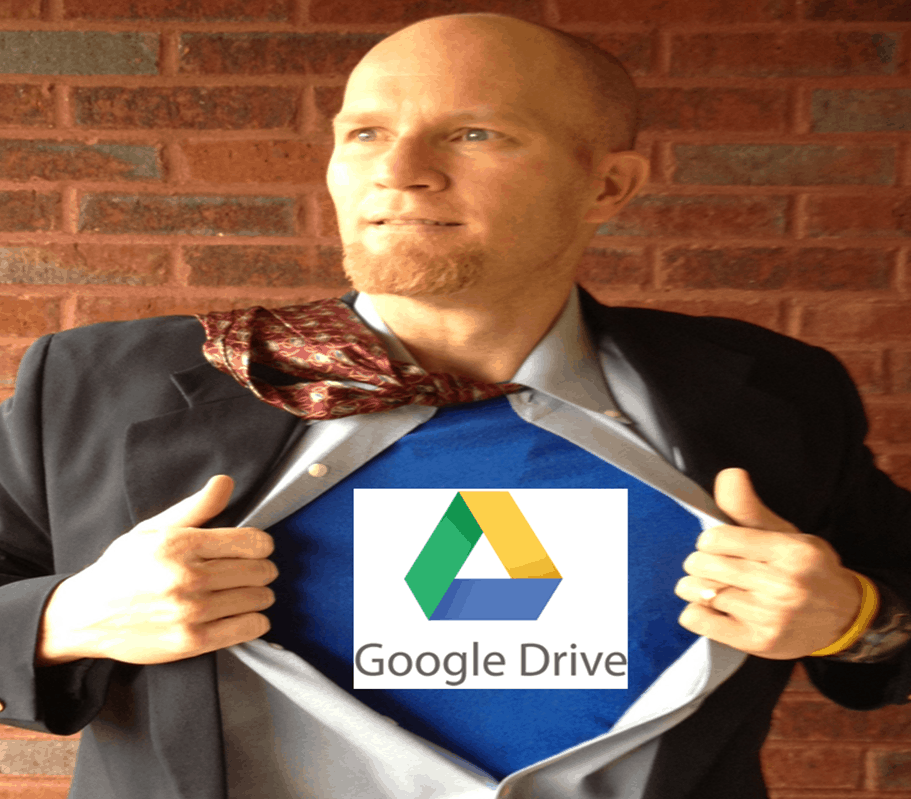Archive: 2012
Time’s Person of the Year: (It Should Be) The Crowd
Crowdsourcing has had its greatest impact on funding, knowledge collection and curation, and creation and production. All of these are key issues for today’s educators, both at the leadership level and in the classroom. Gen Z students were born in the middle of this crowdsourcing phenomenon, except they don’t recognize it as a phenomenon. It is what it is, just part of their world.
Q&A: Online Environments Improve Professional Learning
Paul Lambert of an up-and-coming startup joins us today to share insights into his latest professional development and learning platform, Learndot. Learndot, formerly the new-age education platform Matygo, provides a flipped-classroom style learning environment for organizations who are looking for professional learning platforms to teach clients, customers, and employees new skills.
The Sidekick & the Superhero: Using Google Drive For Peer-Assessment
“More efficient than an overworked teacher! More reliable than a carry-home satchel of ungraded papers! Able to simultaneously curate infinite comments from speedily working students! Look! On the computer screen! It’s an aggregator! It’s a sharing point! It’s Google Drive!
Q&A: Students Appreciate Proficiency-Based Learning, Says Coach
Jessica Smith, a proficiency-based learning coach in the Portland, Ore. area today shares insight into what it's like to teach teachers, make the shift, and adjust students to proficiency-based teaching and learning (PBTL).
MasteryConnect Eases Common Core Alignment, Instruction & Tracking
Three years ago Doug Weber and Mick Hewitt had left a web design agency and were consulting on a social network in Japan. During that same time, Cory Reid was CEO of Instructure. Trenton Goble, a school principal, and Mick were training for a marathon and discussing Trenton’s frustrations around tracking progress of formative assessments in a mastery learning approach.
Happy Holidays From the Getting Smart Team
We've appreciated the conversations and dialogue we've had with all of you over the course of the last year. We're looking forward to continued discussions in 2013. From the Getting Smart Team, Happy Holidays!
Best of 2012: Top 10 Reads on Getting Smart
A New Year is quickly nearly and as we look back and reflect, we pulled 10 of the top articles from Getting Smart in 2012. Here's the most read topics from the year.
7 Innovative Tips to Speed Up Language Acquisition
Many of the students I encounter who are trying to learn a second language cite the same frustration: the slow, glacial pace of their language acquisition. I always tell them that the pace of their learning is in some sense tied to the energy and time they put into it – the more you work, the faster it goes. I have some more practical tips on how to speed up learning a new language.
Online Learning: A Manifesto
Online learning is not the whipping boy of higher education. As a classroom teacher first and foremost, I have no interest in proselytizing for online learning, but to roundly condemn it is absurd. Online learning is too big and variable a target. It would be like roundly condemning the internet or all objects made from paper.










